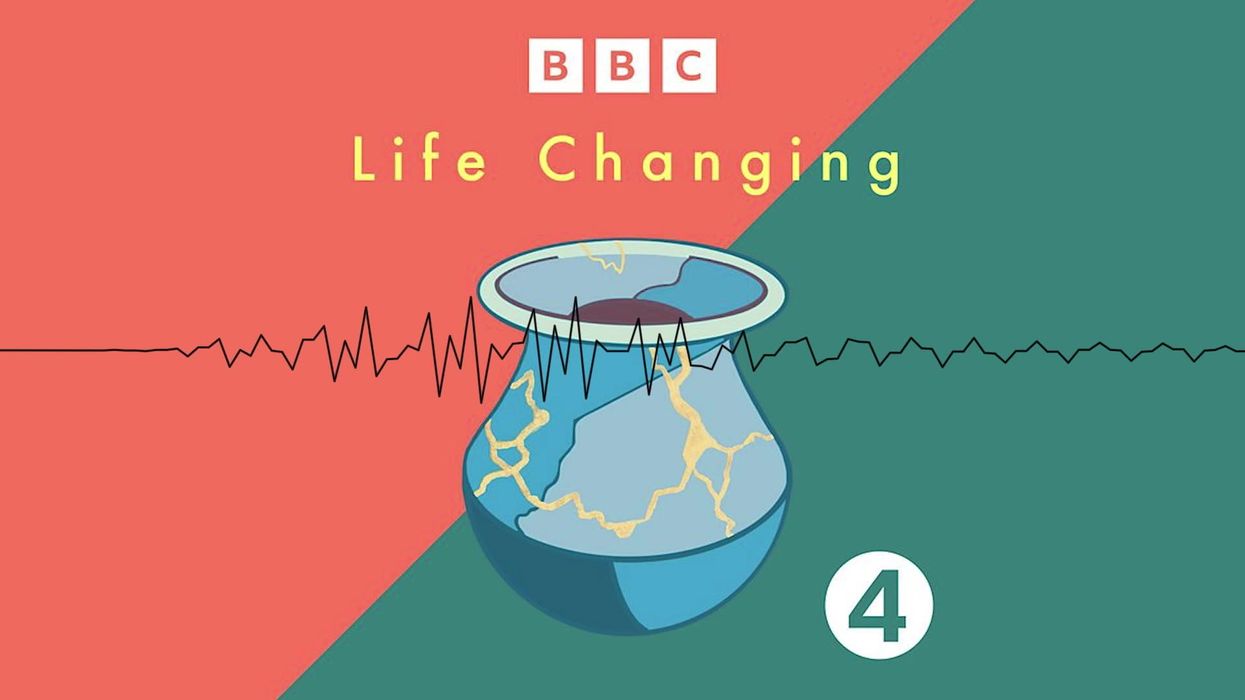It’s hard enough for most of us to imagine how it feels to be adopted.
It’s even harder to imagine what it to find out who your biological parents are after years of silence.
But one woman has spoken out about the moment she discovered the earth-shattering truth about her mother and father, and how that shaped the rest of her life.
Teresa Weiler, now 64, was adopted as a toddler by a senior civil servant and his wife and grew up in a loving home in Middlesex.
Once she reached 18, her adoptive father handed over her original birth certificate which named her mother as Teresa Maureen O'Reilly, a waitress who'd lived in London’s St Pancras. There was no mention of her dad’s identity.
It wasn’t till Teresa was in her mid-20s that she contacted social services who handed over her adoption file.
The document revealed that O’Reilly had been 16 when she gave birth to the little girl. But the real bombshell hit when Teresa read who her biological father was: her mum’s 15-year-old brother Sean.
In a movingly candid interview with BBC Radio 4’s ‘Life Changing’, Teresa explained how she felt at that moment, telling presenter Dr Sian Williams: “The first thing that happens is the shock and the revulsion and the shame, because I’d grown up in a strict Catholic family where sex before marriage was even a no-no.
“So, for me, this was off the scale,” she added, describing incest as “the biggest taboo”.
Growing up, Teresa had always wondered why she’d been abandoned by her parents so, she told Dr Williams, she now sat down and said to herself: “This explains why no-one will come back for me, this explains why no-one wants me.”
She also wondered whether her progeny was the cause of health issues from which she was suffering, including early onset arthritis. But, “most of all,” she continued, relaying her internal monologue: “This is something I can’t tell anybody. No-one else must ever know this.”
She explained: “I didn’t think my family would still want me, I thought they would turn their back on me if they knew the truth, and I couldn’t face the shame of telling friends or other people the truth.”
Teresa clarified that the file gave no details about the circumstances of her conception: whether or not it had been consensual or otherwise. But at the time, her overriding thought was simply: “I’m tainted goods.”
“I’m not as good as everybody else, I’m not acceptable to anybody else, and maybe I didn’t belong in a nice home, maybe I shouldn’t have expected to be in a nice home, because that’s not what happens to people like that,” she said.
Asked how she managed to carry on with her life while carrying such a heavy burden, Teresa replied: “I made a very important decision – I decided that if I had come from that background, and with all the physical and mental challenges that might make for vulnerability of children of my own, I decided I would never have children.
“That was huge, because I dearly, dearly wanted children, that was one of my greatest wishes. But I simply didn’t feel that I could bring a child into the world knowing that just one generation previously, that had been the history.”
Teresa went on to speak about how, though she continued to date and have relationships, she ended them as soon as they started getting serious. That way, she would never have to discuss why she didn’t want to start a family or reveal her secret.
However, as the years rolled on, Teresa’s secret burden became too heavy to bear alone so, finally, when she was in her 30s, she confided in a close male friend who worked in counselling.
“I got an amazing response,” she said, explaining that her friend told her: “It doesn’t change you, you’ve got to stop thinking like that and, anyway, even if that is the background, what does it matter? You are you, you’re not defined by how you were brought into this world and nor should you think like that.”
Teresa said he repeatedly reinforced these points until, finally, she began to believe them herself.
“At that point, I decided I should tell my parents,” she said.
“It was very, very hard, but actually they were very supportive and actually quite distressed that I wasn’t able to tell them before,” she continued, adding that they told her it made “absolutely no difference”, that she was still their beloved daughter, and that they were just “so sorry that I chose to make the decision I made”.
Asked how she felt to finally open up the “box of secrets” she had been carrying with her for so long, she said: “It was amazing, it got more and more amazing the more time I allowed it to sink in. And for the first time ever in my life, I had never felt like I mattered and was valued so much – that I was actually good at being me.”
Teresa’s story is an important reminder to us all that no matter where you come from, no matter what your circumstances, you are good at being you.
Sign up for our free Indy100 weekly newsletter
Have your say in our news democracy. Click the upvote icon at the top of the page to help raise this article through the indy100 rankings














